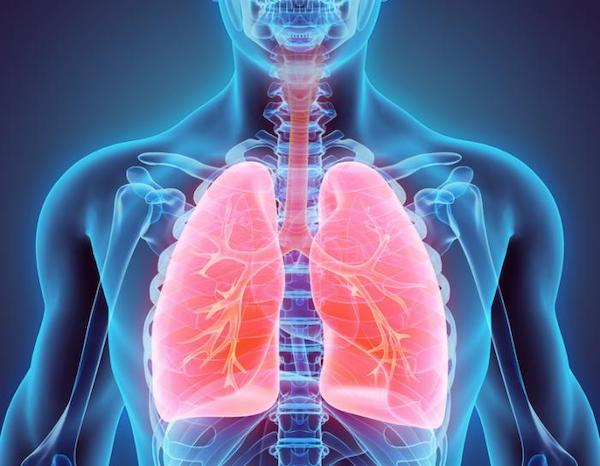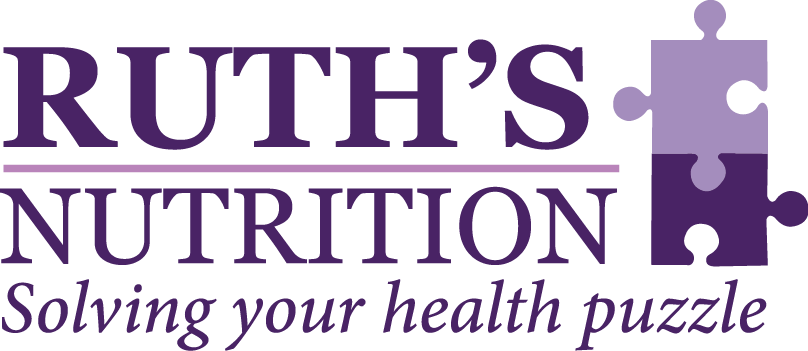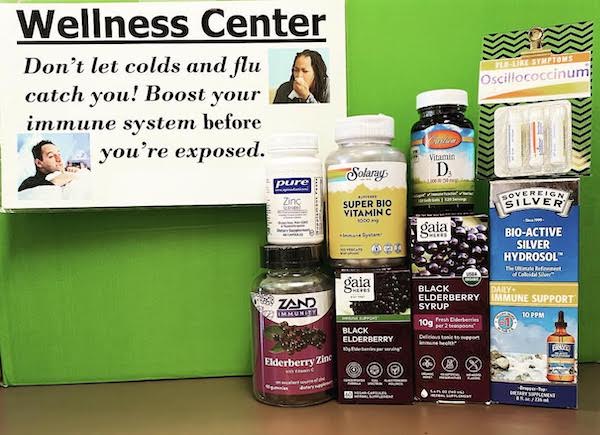Time to get ready for winter’s attack on your lungs and mucous membranes

We’re fast coming to the season where are lungs are vulnerable to attack by colds, flu, COVID-19, and increasingly RSV (Respiratory Syncytial Virus) in both children and adults. It makes sense to give you lungs all the nutrients they need to prepare for the battles ahead.
Because most American diets are deficient in one vitamin or another, it makes sense to start with taking a daily multivitamin. We know vitamins A, D, and E are involved in the processes lungs use to defend themselves. Studies show that those who eat diets high in these nutrients are less likely to report respiratory illnesses. However, most multis tend to have only low to moderate levels of D, so additional supplementation may be needed.
Vitamin D
The benefits of adequate vitamin D levels when it comes to respiratory health are by now well known. Vitamin D helps make proteins that kill viruses and bacteria, especially in the respiratory tract. Large trials have shown that daily supplementation with vitamin D reduced respiratory infections even in those who had adequate levels. And they showed that the lower your blood levels the greater your risk of respiratory infection.
There is no one size fits all dosing for vitamin D supplementation; people absorb it at different rates. It’s best to ask your doctor to test your levels of vitamin D, both before you supplement and after you’ve taken been taking it awhile. It is possible to get too much vitamin D, so periodic testing is vital to be sure you stay within healthy levels.
Vitamin C
This vitamin is vital for the function of leukocytes, the white blood cells that help fight infections, and you need a lot of them when you are sick. Some studies show that daily supplementation with vitamin C can prevent respiratory infections and shorten their duration. Vitamin C does not build up in the body, so daily intake is necessary. Some studies show that large doses – 1,000 mg or more – are not absorbed well. Because of that, it may be better to take it in smaller doses two or more times a day.
Zinc
Decades of research show that zinc lozenges can shorten colds by 20-40%. This holds true for different forms, including gluconate, sulfate, acetate, and picolinate. Low levels of zinc profoundly negatively affect the number of your immune cells available to fight invaders. It is found most effective for fighting respiratory infections when taken at the first sign of symptoms; when taken within 24 hours of the first symptoms, zinc both shortened the duration of colds and also made symptoms less severe.
However, taking more than 40 mg of zinc daily can cause a copper deficiency and neurological problems. Keep track of your doses and stay below that limit.
Ginseng
This root is a potent antioxidant that lowers inflammation and improves immunity. Analysis of several studies show ginseng extract reduced the duration of the common cold. Especially important is that ginseng reduced the risk and duration of respiratory symptoms in the elderly by 55%.
Garlic
This common herb has long been valued for its antifungal, antibacterial, and antiviral properties. Studies show supplementing with it over winter months improved function of NK and T-cells involved in immune function, while reducing the number of colds and symptom severity.
Probiotics
Both animal and human studies show probiotics containing Bifidobacterium and Lactobacillus strains can improve your immune response to viruses and reduce the severity and duration of respiratory illnesses. In a review of 12 randomized controlled trials, probiotics cut the number of respiratory infections nearly in half. When people did get sick, they recovered nearly two days sooner than those who did not supplement.
Polyphenols
These phytochemicals found in plants are anti-inflammatory and have broad protective qualities. In human studies, the polyphenols found in green tea and blueberries helped prevent viral respiratory infections in athletes. A specific polyphenol, Quercetin, is being studied for its effects on COVID-19. Small human studies show it reduces incidence and severity of respiratory infections.
REFERENCES



